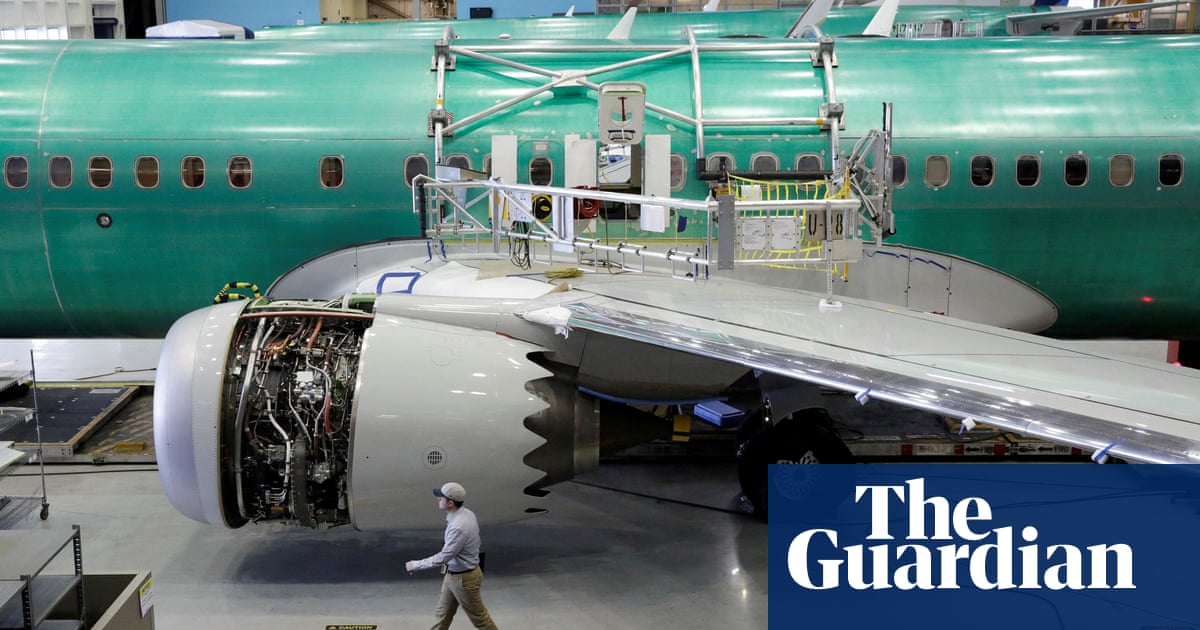
The project manager on the Grenfell Tower refurbishment has denied assuring the block’s landlord its new cladding panels “would not burn at all”.
The public inquiry into the disaster that killed 72 people was shown a witness statement from David Gibson, head of capital investment at the Kensington and Chelsea Tenant Management Organisation, that claimed Simon Lawrence of Rydon said the plastic-filled panels were “inert”. In fact they were highly combustible and the inquiry has already deemed they were the primary cause of the fire’s spread.
Gibson said the issue came up in 2015 because he was worried about the risk of fire shooting up between the rainscreen panels and the insulation that Rydon was planning to install. He had recently read recommendations following an inquest into the cladding fire at Lakanal House in south London in 2009 where six people died.
“I raised this with Simon Lawrence as a matter of serious concern and asked him if he could give some assurance that we would not have a Lakanal-type problem with the separation of rainscreen and insulation,” Gibson said.
“Simon Lawrence assured us that this would create no problem because the materials used were completely inert and would not burn at all. The meeting accepted his assurances in this regard and nothing came to my notice subsequently prior to the fire to question that these assurances were not accurate.”
Richard Millett QC, counsel to the inquiry, asked Lawrence: “Did you recall giving such an assurance to Mr Gibson?”
He replied: “No, I don’t agree with that at all … I wouldn’t give technical assurances unless I had that information from the designers or specialists.”
Gibson said the meeting in early 2015 had been minuted – he recalled a mistake in the spelling of Lakanal – but the minutes had not been found in the TMO’s records. Lawrence said he never saw any minutes.
Lawrence was a key executive for Rydon. The inquiry also heard on Tuesday how he tried to use “Essex boy patter” to persuade the TMO to use a version of the cladding system that was nearly £75,000 cheaper.
He said the company wanted the TMO to select a cheaper “face-fix” system rather than a cassette-fix option that gives a smoother exterior look.
In an internal Rydon email from May 2014, Lawrence told colleagues: “I’m giving it my hardest sales pitch as we speak. Come on the Essex boy patter.”
The inquiry continues.












